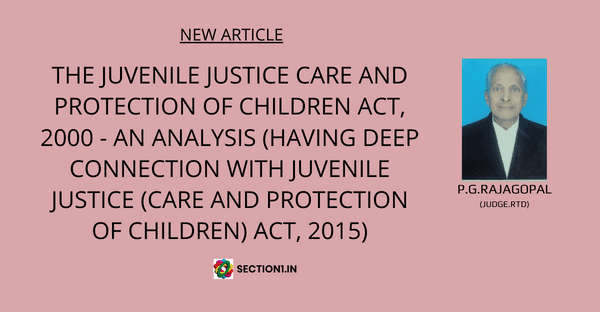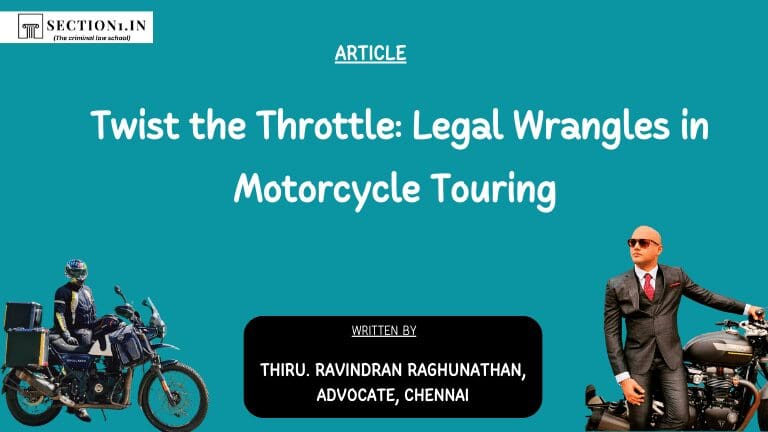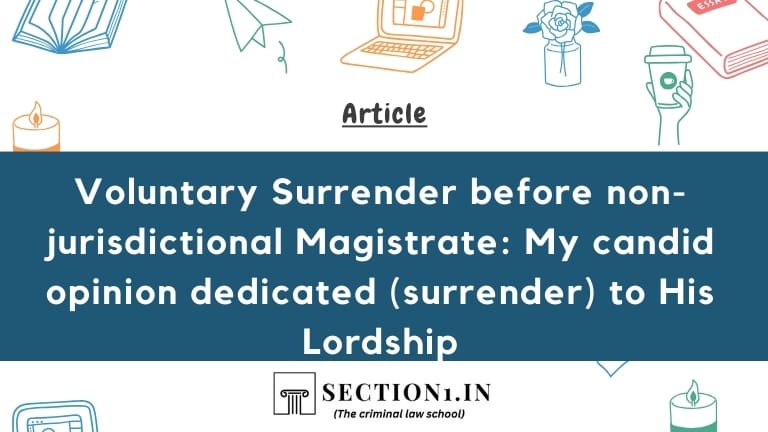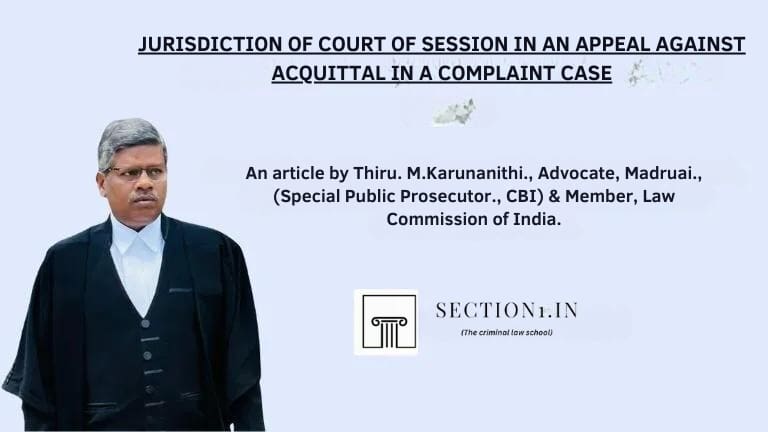This article is my simple and humble endeavor to apprise the legislature and all other authorities concerned of the lurking and resultant danger and the menace to the society in the JUVENILE JUSTICE CARE AND PROTECTION OF CHILDREN ACT 2000 hereinafter called Act.
Through the avowed intention of the legislature is to provide protection, treatment and rehabilitation of neglected or delinquent juvenile , there is every likelihood that the hardened and habitual criminals misusing and taking advantage of the provision of the Act to achieve their unlawful purpose and gains detrimental to the interest, safety and welfare of the society in general and juveniles in particular.
Section 2(k) defines ‘Juveniles’ or ‘child’ as a person who has not completed the eighteenth year of age. Under 2(l) Juvenile in conflict with law means a juvenile who is alleged to have committed an offence. One of the basic distinctions between the Juvenile Justice Act, 1986 and the Act, 2000 is the distinction between male and female juveniles on the basis of age has not been maintained. The age limit is eighteen year for male and female.
It is now set at rest by the Hon’ble supreme court that the reckoning date for determination of age of a juvenile offender is the date of commission of offence and not the date when he is produced before the court/competent authority. Section 16 of the act prohibit the imposition of sentence of death or life imprisonment to a juvenile which is not in conformity with general criminal law even if the offence committed is a heinous as murder, rape, robbery and so on. The proviso to the said section reads that where a juvenile who has attained the age of sixteen years has committed an offence and if the board is satisfied that the offence committed is so serious in nature or that his conduct and behavior have been so violent or unpredictable that it would not be in his interest or in the other juvenile to send him to special home, the may order the juvenile in conflict with law to be kept in such a place of safety and in such a manner as it thick fully and shall report the case for the order of the state government. The subsection (2) empowers the state government, on receipt of such report from the board to make necessary arrangements to keep such juvenile under protective custody in a place as it thinks conductive for his rehabilitation process. The procedure contemplated under the said sub section obviously relates to a juvenile who has attained the age of sixteen but is still a juvenile in conflict with law i.e who has not completed his eighteenth year of age.
The is silent as regards the procedure to be followed in the case of juvenile who is no longer juvenile in conflict with law i.e who has completed the age of eighteen at the time when judgement is pronounced finding him guilty of an offence. Whether the Madras Borstal school Act which provides for detention of adolescent offenders upto the age of twenty one, would be applicable to them is another question to be answered.
Therefore, we have to resort to judicial decision for the courses to be followed as the following decisions rendered under Juvenile Justice care and Protection Act 1986 could also very well be followed as the Act,2000 is nothing but a substitution for the former act only with slight distinctions and modifications in Bhoopram vs State of Uttar Pradesh reported in (1989)3 supreme court cases 1, the accused who had not completed the age of sixteen on the date of commission of offence under section 302 Indian penal code and having crossed the maximum age of detention in an approved school, the Hon’ble supreme court has found that the only course is to sustain his conviction but quash the sentence and release him forthwith. The Division bench of the Honble Calcutta High court in Nishi Roy vs State of West Bengal reported in 2006(1) crimes 466 has while dealing with a juvenile delinquent found guilty of an offence under section 302 of the Indian penal code, has enunciated, following its own earlier decision in the case of Prem Das @ Prema, that a delinquent cannot be sentenced for detention for a period of more than three years or beyond the age of eighteen years, however heinous crime he might have committed. In Gurpreet Singh vs state of Punjab reported in 2005(4) crimes 230, the Hon’ble Supreme court has reiterated the proposition in the aforesaid Bhoopram’s case and held if it is found that the accused was a juvenile on such date and continues to be so, he shall be sent to a juvenile home. But in case it finds that on the date of the occurrences, he was a juvenile but on the date this court is passing final order upon the report received from the trail court, he no longer continues to be a juvenile, the sentence imposed against him would be liable to be set aside.
The teenagers in the group of sixteen to eighteen years are very well grown up physically as well as mentally and there is every likelihood that some of the teenagers, knowing the privileged position of offenders under the Act , could themselves become professional offenders or that the seasoned or professional criminals could employ them as hirelings for their illegal purpose or gain.
Engaging or employing children below ten year by the professional criminals for petty offences such as pick pocketing theft, chain snatching etc., at the bus stands in the cities is becoming a common a sight nowadays.
Unless the legislative authorities take appropriate measures to eradicate the menace, the entire safety and interest of the society would be at a stake at the hands of the teenagers in the age group of seventeen and eighteen, who would be tempted and prone to commit even offences punishable with capital punishment knowing that they would be let free if the case against them is kept pending by their abstention or even otherwise till attain majority.
With all humility, I am of the opinion that the only way obliterate the menace hidden in the act is the reduction of age of the juvenile in conflict with law to sixteen year instead of the present eighteen years by way of an amendment of section 2(l) of the act.
section1.in note:
When this article had been written “THE JUVENILE JUSTICE (CARE AND PROTECTION OF CHILDREN) ACT, 2000” was in force which does not contain provision for ‘life sentence’ for the juvenile who was in conflict with law. But later on when the JUVENILE JUSTICE (CARE AND PROTECTION OF CHILDREN) ACT, 2015 has been enacted, the lawmakers has carefully inserted the special provision “section 21. Order that may not be passed against a child in conflict with law” must be read with section 433A of Cr.P.C. So, by reading the latest enactment on juvenile offenders who are conflict with law, it seems the wish of this article’s author has come true.







1 Comment
[…] The Juvenile Justice Care and Protection Of Children Act, 2000 – An Analysis (Having Deep Conn… […]